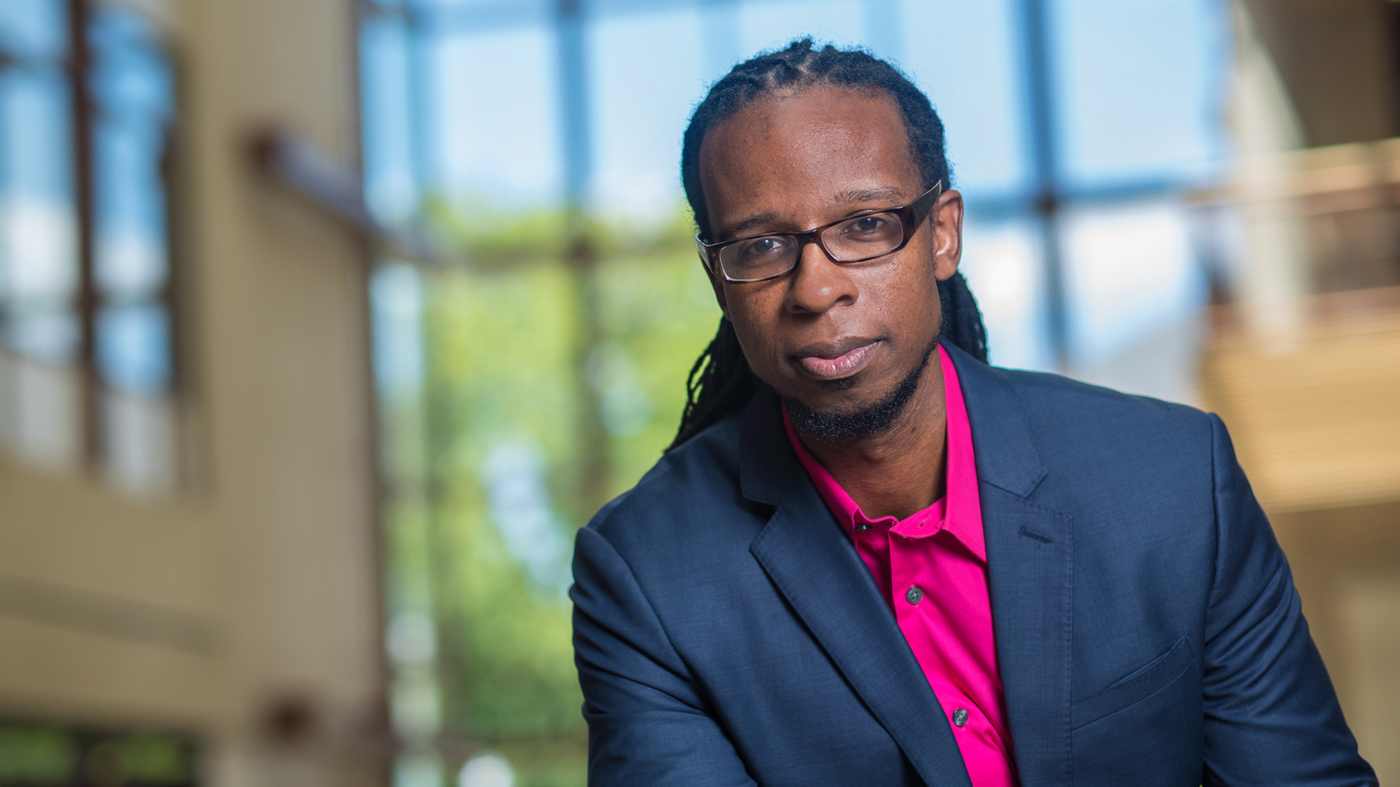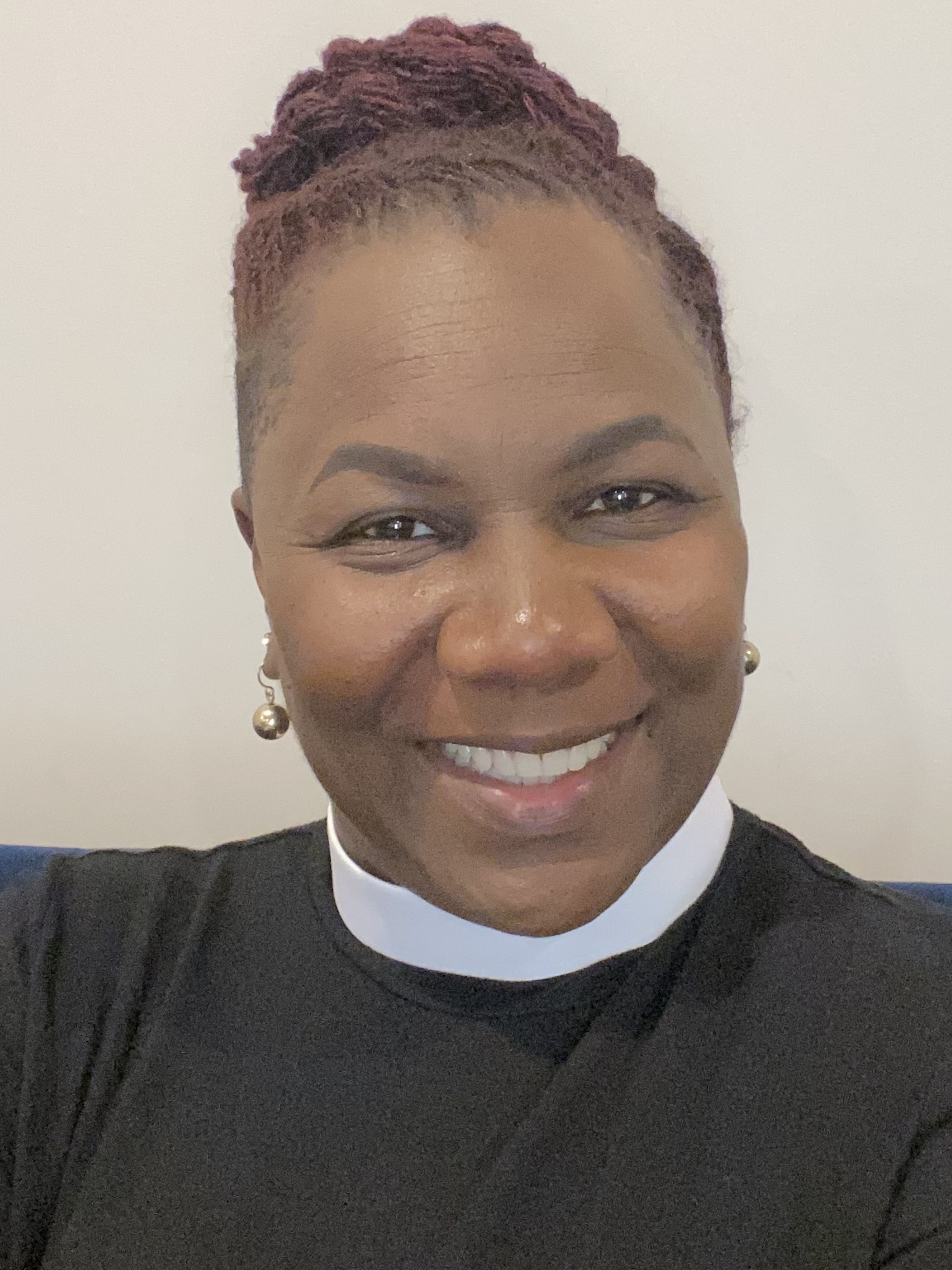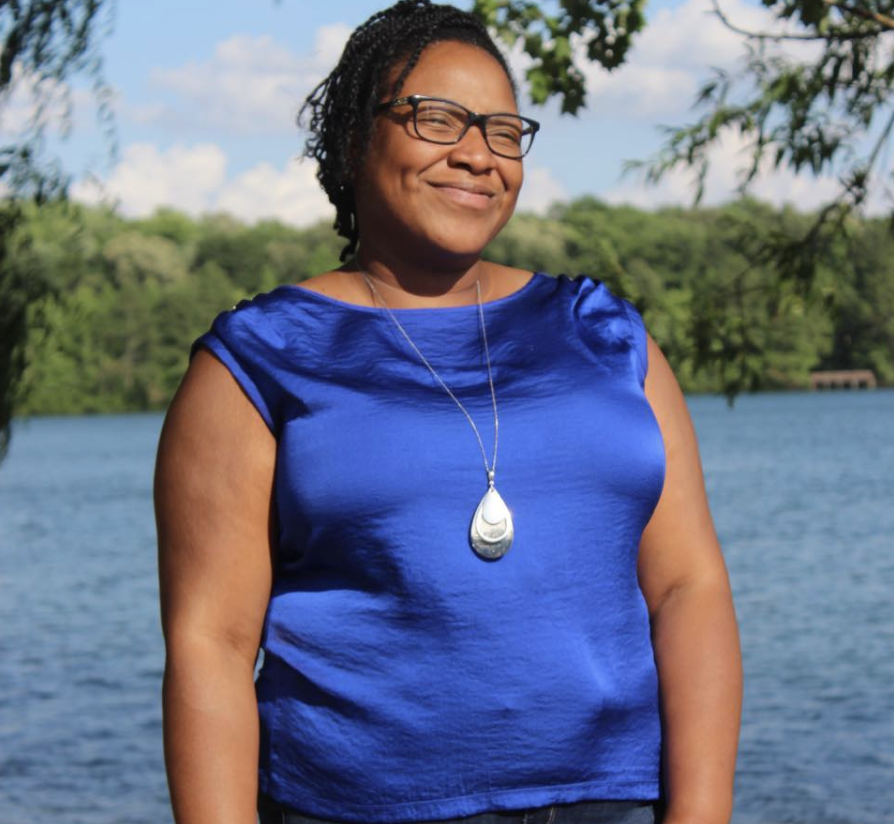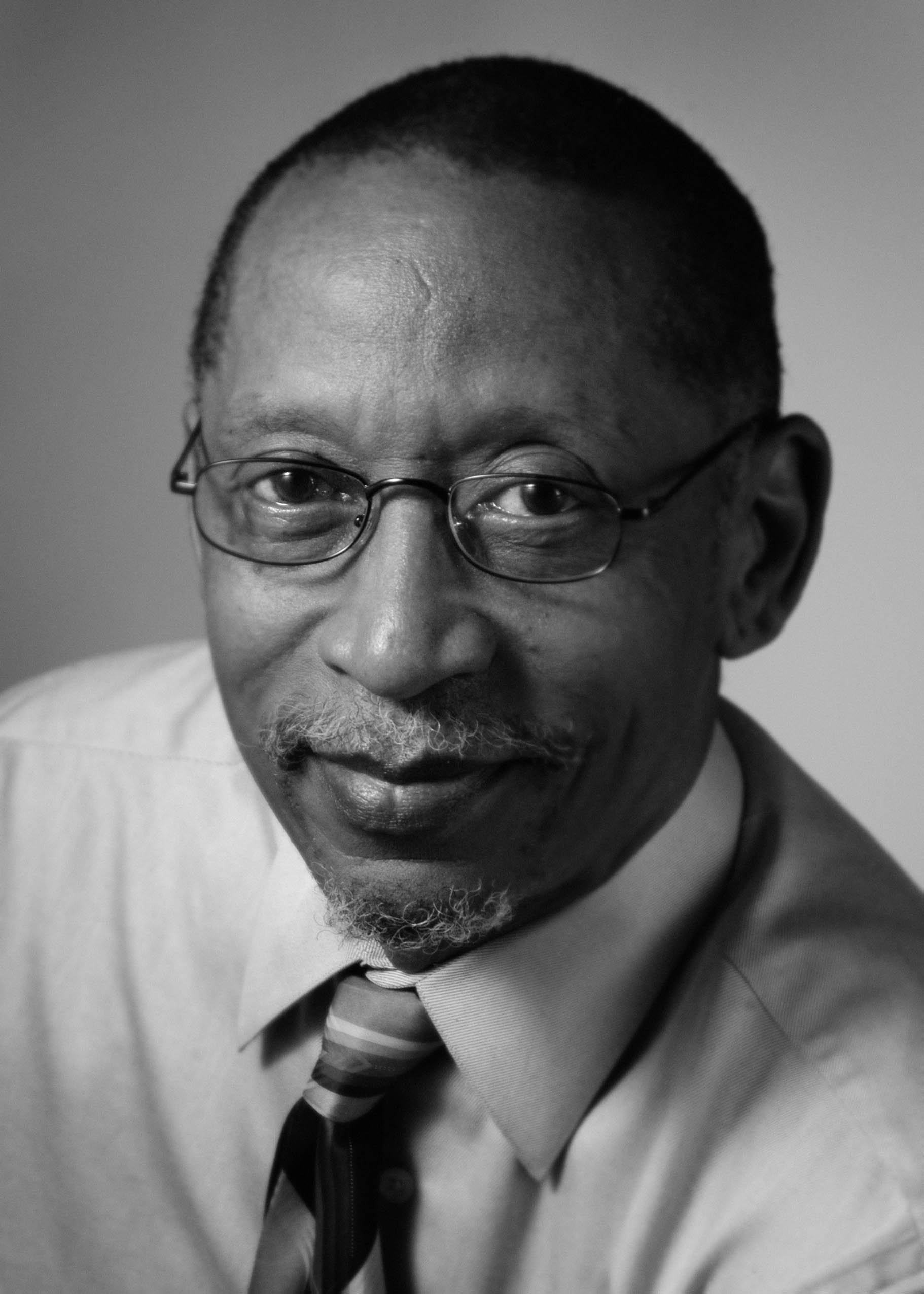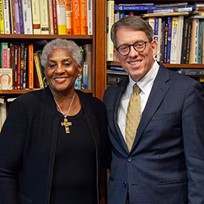Is Your Church Anti-Racist?
By Kiratiana Freelon, Contributing Writer
In the three years since Ibram X. Kendi released his New York Times’ bestseller, Stamped from the Beginning, much has changed in his life. He became the youngest National Book Award Winner at the age of 34. He was offered tenure at American University. His parents retired as preachers in the AME Church. He was diagnosed with Stage Four colon cancer.
While recovering from cancer, the 37-year old also managed another feat. Kendi wrote his second book, How to Be an Anti-Racist. Kendi is the founding director of the Antiracist Research and Policy Center and professor of history and international relations at American University.
Before explaining how to be anti-racist in the book, Kendi defines the words that are essential to his book. A person or policy is racist when it supports the idea that people are unequal. So yes, black people can be racist. One can only be anti-racist.
Simply not being racist is not an option. There is no in-between. For Kendi, racism is a powerful collection of racist ideas and policies that lead to racial inequity. He means racial inequity and not racial inequality. Racial inequity is the discriminatory legal system that imprisons black men and includes the biases in education that affect black children and the ramifications of poor healthcare. An anti-racist person works to undermine and eradicate these racist policies and ideas.
This means black churches like the AME Church can be racist. For Kendi, the “civilized theology” often espoused in middle-class black churches meets his definition of racism. Civilized theology is the idea that the function of the church is to bring wayward people into the church to save and civilize them. Those wayward people tend to be working-class and poor black people. According to Kendi, the church is saying that behavior-deficiency is causing their plight. “The reason why this is racist is because it suggests that there is something wrong groups of people,” said Kendi, who revealed that he is not a member of any church. “Racism is anytime we perceive the problem as the people instead of addressing the problems of the people,” he asserts.
To further explain his theory, Kendi compared two types of preachers. “There are preachers who fundamentally preach about the problem being structural, racism, and society. They use Jesus and the word to galvanize people to challenge society,” he said. This is what most people know as liberation theology.
Then there are those preachers who focus on the individual. “You have preachers who say the fundamental problem is the laziness of people, or the inability to not be violent,” Kendi said. Further, “Basically, people need to change. The way you change people first is by becoming saved?”
Despite his lack of a church home, Kendi often finds himself in churches these days. His book signings have attracted so many people that book stores have often resorted to holding them in churches. So he often comes face to face with the very people he challenges to be anti-racist. “I urge those churches and those congregants to adopt a more anti-racist perspective,” Kendi said. “The civilizing form has been destructive to black people and the black church. You have black people who are not attracted to the church. Part of the reason why is their conservative theology,” he posits.
Sometimes they agree with him, and sometimes they don’t, he acknowledged. “Is the church going to be thinking that the problem is black people. Or is the church going to recognize that the problem is racism,” he said. He continued, “I am hoping that the church they have the power to organize people in their communities, to fundraise, to launch a campaign that challenges racist policies in their communities. The church should be functioning as an engine of liberation for black people.”
Kendi never met the father of black liberation theology—James H. Cone. He only exchanged emails with Cone before his death in 2018. However, his father met him. In 1967, his father went to hear Cone speak at Union Theological Seminary in New York City. After the presentation, his father asked Cone what makes a Christian. Cone replied, “A Christian is one who is striving for liberation,” Cone replied.

